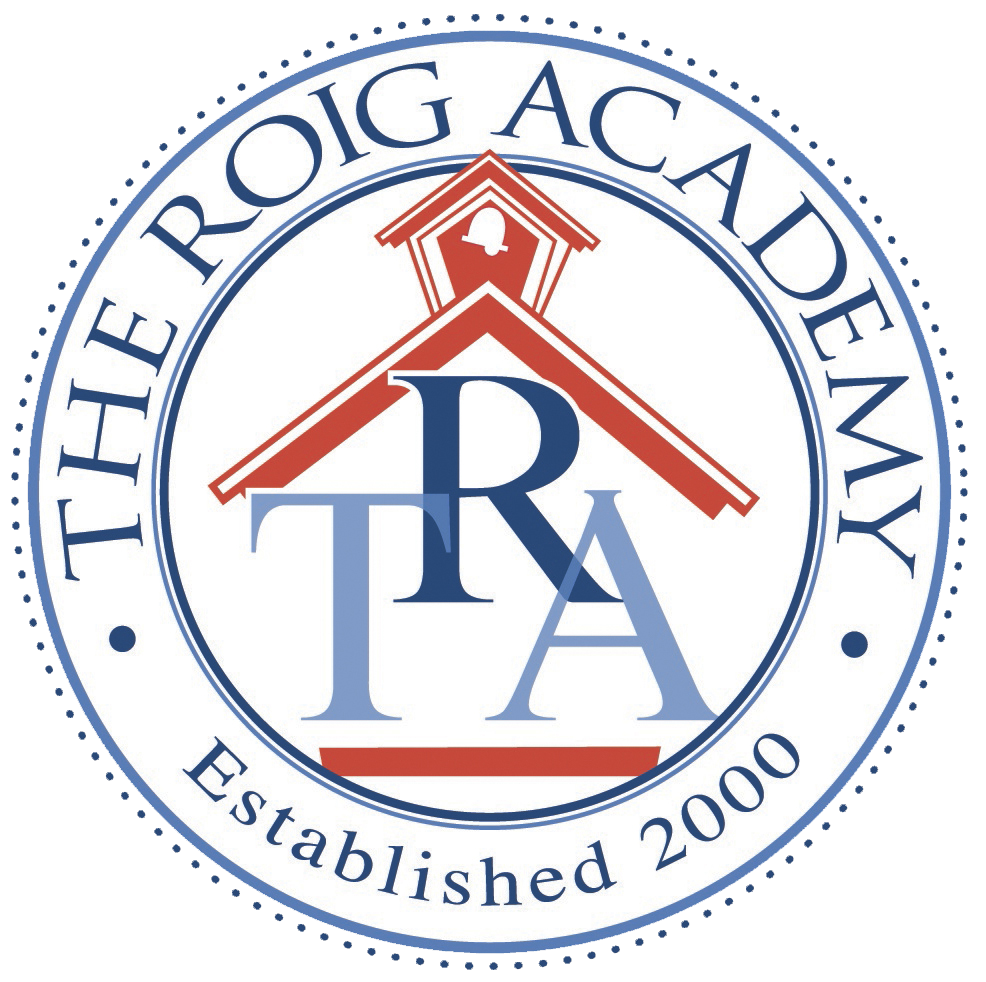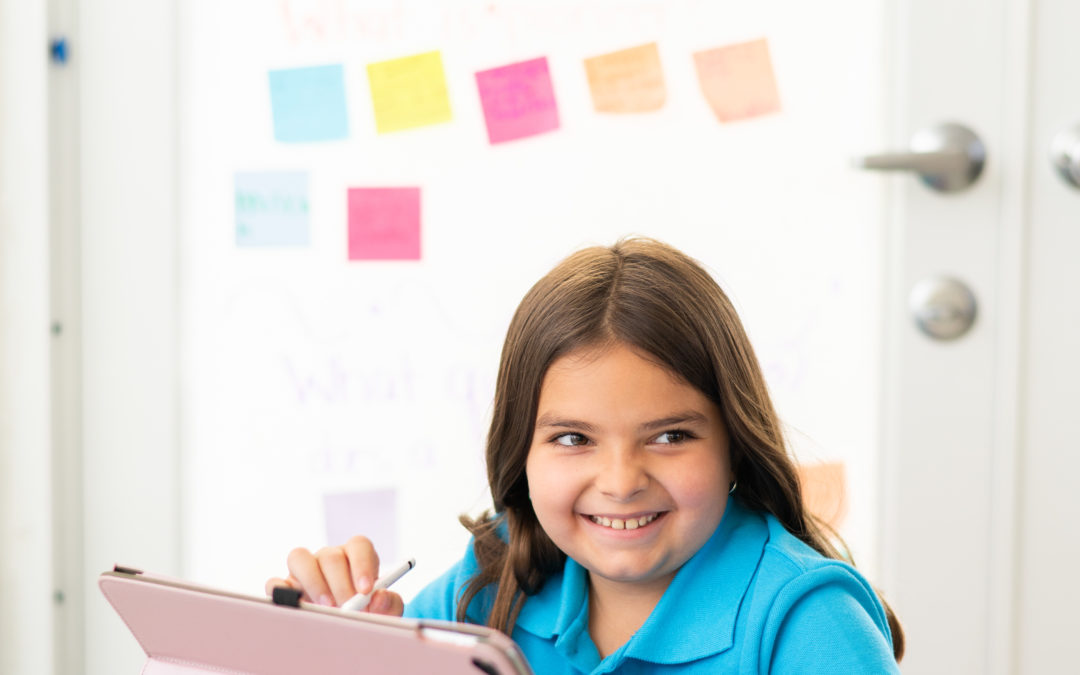Although executive function may sound like a skill more suited to CEOs in a boardroom rather than to children learning in a classroom, you’d be surprised at how executive function can make a different in students of all ages. Students with dyslexia, however, may have more trouble developing these skills and may struggle with certain subjects in their school learning. So how to help students develop executive function skills? Thankfully, there are many activities that are fun for the complete family and can help children improve executive function skills at every age. Read on below to explore these tips and activities from The Roig Academy, a private school in Miami, Florida.
How to Help Students Develop Executive Function Skills
Executive Function Skills: An Introduction
Executive function is an umbrella term used to describe a collection of cognitive skills that promote goal-directed learning. Encompassing abilities that help students work smarter rather than harder, with things like goal setting, cognitive flexibility, organizing and prioritizing, working memory, and self-monitoring, executive function skills can impact every facet of life for students of all ages. Children begin using executive function skills at a very young age, and certain activities can help these abilities flourish. For children with a learning difference like dyslexia, for example, it can be an additional challenge to master these skills. Underdeveloped executive function skills can become problematic as students advance in school, especially when children need to play a more active role in their education in middle and high school by synthesizing information, increasing note-taking, and handling an increased workload.
Executive Function Skills at Home
Everyday activities can help children develop effective executive function skills, and these activities can be fun for the entire family. For preschoolers and kindergarteners, activities like imaginary play can help children create their own sets of rules and work cooperatively with others to achieve a goal. Storytelling is another way to help children practice working memory, attention span, and self-control as they create and share an organized plot. For elementary school students, board games and card games that require memorizations, fast response time, matching, or strategy can help children expand out executive function skills like decision making, goal setting, and memory. Physical activities like four square and “Simon Says” help students improve executive function skills like response time, attention control, and cognitive flexibility. Helpful strategies to learn these skills need to be harnessed at a young age until students can develop their own plans for organization.
Executive Function with Dyslexia
While some of these executive function abilities seem like they would come about instinctively, some students with learning differences, like dyslexia, may need some additional time and intention to master these skills. Besides the reading challenges that dyslexia presents, underdeveloped executive function skills can further affect a student’s ability to improve reading comprehension and writing skills. Some students describe feeling stuck or that their thoughts are getting clogged in a funnel if they cannot organize and prioritize their thinking clearly. If not addressed, a lack of executive function skills may cause students to struggle in school when they are expected to take notes, learn new subjects, and set/complete goals on their own.
There is no limit to what dyslexic individuals can achieve, and executive function skills help students of all ages and abilities reach their goals. Parents, teachers, and students can all work together in and out of the classroom to develop these valuable cognitive skills.
About The Roig Academy
Our dedication to providing exceptional educational opportunities in Miami by creating students who are reflective, risk-takers, inquirers and lifelong learners remains our highest priority. However, that dedication extends to the ways in which we work with our stakeholders, collaborate with multidisciplinary services, help our community grow, innovate and evolve into the future as responsible citizens of a global community, as is the goal with all IB World schools. We celebrate The Roig Academy Academy’s approach to teaching and learning as we nurture student growth in the 21st century.

